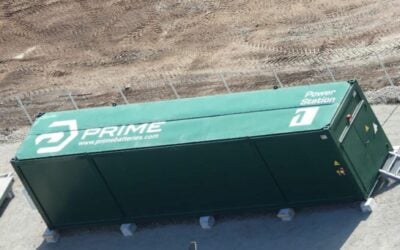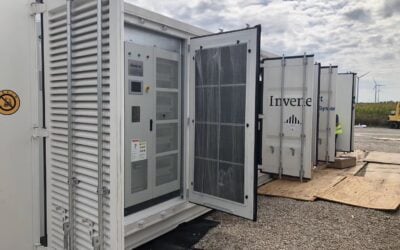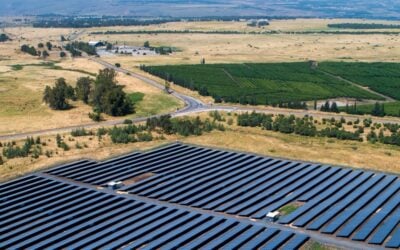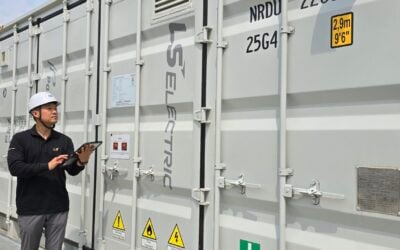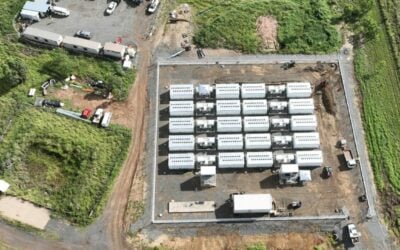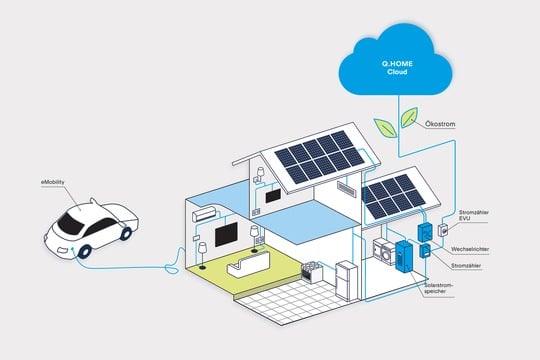
Q CELLS will acquire US energy storage software company Geli, as the solar company targets becoming a complete provider of “smart energy solutions”.
The planned acquisition also marks Q CELLS’s first entry into the US commercial and industrial (C&I) distributed energy market. The PV module manufacturer-turned integrated solar solutions provider has signed an agreement to acquire 100% of Growing Energy Labs Inc (Geli), and the transaction remains subject to regulatory approvals.
Enjoy 12 months of exclusive analysis
- Regular insight and analysis of the industry’s biggest developments
- In-depth interviews with the industry’s leading figures
- Annual digital subscription to the PV Tech Power journal
- Discounts on Solar Media’s portfolio of events, in-person and virtual
Or continue reading this article for free
Geli was one of the early US energy storage market players to focus primarily on software offerings. The San Francisco company’s software platform is used for designing, automating and managing battery storage systems, and is intended to streamline the development process for energy storage. All the way back in 2016, Energy-Storage.news picked out Geli as one of 20 promising disruptors in the advanced energy storage industry.
“There is increasing demand in the energy storage space for comprehensive energy solutions. We are excited to welcome the Geli team and work together to strengthen our competitiveness in the global distributed energy market,” Q CELLS CEO Hee Cheul ‘Charles’ Kim said.
Kim added that the two companies’ combined capabilities would allow them to provide smart energy solutions to customers. Q CELLS provides solar cells and modules – as well as energy storage including systems made by supply partner Eguana Technologies – and also has a downstream project business and energy retail arm.
The company launched a 100% renewable energy offering to customers in Germany earlier this year; households with batteries and solar PV can subscribe to a service where their excess demand is covered by renewable energy generated by other households via the Q CELLS cloud.
Geli’s artificial intelligence-powered platform meanwhile determines optimal sizing for battery storage systems and determines the potential for stacking revenues from performing multiple applications and services using the same battery. Geli systems have also been used to optimise and balance electric vehicle (EV) charging versus electricity tariffs and local load profiles.
The pair will begin to offer integrated solar-plus-storage solutions, Q CELLS said in a press release, packaging together software and hardware. In June, Energy-Storage.news reported that Q CELLS had made an investment of around US$3.5 million in SwitchDin, an Australian distributed energy resources (DERs) software company that offers capabilities including virtual power plant (VPP) aggregation and microgrid-forming.

